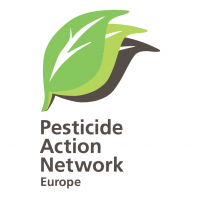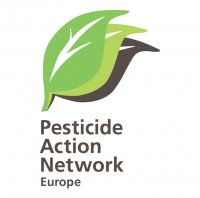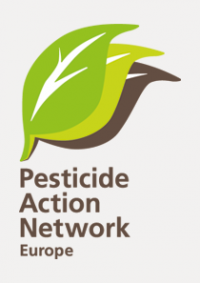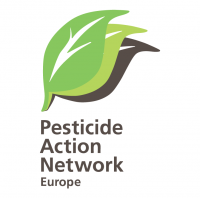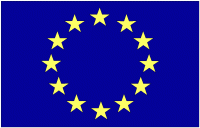Briefings
Factsheet: PAN Europe's contribution to the EU roadmap on Safeguarding nature – EU 2030 biodiversity strategy
PAN Europe welcomes that the new European Commission has started its five years in office with a consultation on biodiversity; we hope that this means putting biodiversity first on the EU agenda to underline the argument in the European Green Deal that ‘The EU has the collective ability to transform its economy and society to put it on a more sustainable path’.
PAN Europe's reaction to European Commission publication of Harmonised Risk Indicators (HRI) for pesticides
The European Commission misleadingly claims a 20% reduction in risks posed by pesticides in the EU. Yesterday the European Commission published - for the first time - trends in the newly established Harmonised Risk Indicators intending to measure the evolution of the risks posed by pesticides in EU Member States.
PAN Europe position on precision farming
PAN Europe recalls that precision farming as standing alone will neither be able to fulfil the requirements of the EU Directive on Sustainable Use of Pesticides nor be able to encourage the transition towards a more ecological model of farming that the EU desperately needs. Instead, precision farming will ‘only’ be able to help farmers stop overuse of pesticides allowing farmers to spray less.
How the EU Common Agricultural Policy impacts on knowledge exchange and advisory activities
PAN Europe recognises that EUs Common Agricultural Policy contains instruments like the Farm Advisory System and the European Innovative Partnership which can help to inform, train, and advise farmers. We nevertheless consider that huge steps need to be achieved before these tools become effectively operational. We also consider that these tools standing alone will not be able to encourage the transition that the European model of farming so desperately needs.
European Commission’s Fitness Check roadmap on Endocrine Disruptors - PAN Europe’s contribution
Exposure to endocrine disrupting chemicals (EDCs) is an issue of concern, particularly for our children and future generations. Exposure to such chemicals during early life developmental stages, even at low environmental doses, may result in permanent physiological alterations and lead to dysfunction and disease later in life. In humans, the rise of endocrine-related cancers, metabolic disorders such as obesity and diabetes, cognition deficits and learning disabilities, reproductive problems and infertility have been linked to exposure to EDCs.
Position on CAP Reform for the Incoming AGRI Committee
The next CAP needs to encourage a much needed transition allowing farmers to start seriously working with nature. The CAP should incentivize farmers to progressively adopt agronomic practices to strengthen soil health and to create landscape features attracting predators of crop pests and stimulating the presence of pollinators.
Chlorpyrifos residues in fruits
Chlorpyrifos is one of the most widely used pesticides in Europe. Exposure to this pesticide, even in small doses, can harm children’s brain development and function of their hormonal system. As European regulators are deciding whether or not to re-approve the use of this harmful pesticide, this briefing brings together the data available on the contamination of fruit with chlorpyrifos, highlighting the need to put the health of our children first and remove this toxic chemical from the market.
Inspiration Paper: Green Architecture of the CAP
This reflection paper aims to show how Member States could use the current proposal for a reformed Common Agricultural Policy (CAP) to develop a results-based approach that encourages the much-needed ecological transition with the lowest possible increases in administrative burden for Member States, and with minimal changes in farmers’ mindsets.
Read more about here.
Voting Recommendations for the EP’s Committee on Agriculture and Rural Development (AGRI) on the CAP Strategic Plans’ Proposal ( 28 March 2019)
We urge AGRI Members to support alternative Compromise Amendment (CA) 10 on Annex III, containing the conditionality rules – and to firmly reject the rapporteur’s CA. The rapporteur’s CA on Annex III weakens conditionality; e.g. in GAEC 9 it removes the obligation to devote a minimum share of agricultural area to so-called ‘non-productive features’. We consider that non-productive features are crucial for reversing biodiversity loss and can, under certain conditions, improve a farmer’s yields, for instance when providing fodder for pollinators.
PAN Europe and PAN Germany position concerning the current review of the Water Framework Directive (WFD) and its Daughter Directives
Against the backdrop of several shortcomings in the implementation and application of the WFD, PAN Europe and PAN Germany urge Member States as well as the European Commission to put in place a more consistent approach to fulfil the legal requirements for the protection of our aquatic ecosystems. At this stage, there is no need to revise the WFD, but there is an urgent need to better implement its provisions. The collapse of biodiversity is taking place at a worrying pace and strong measures need to be taken to protect European waters.
